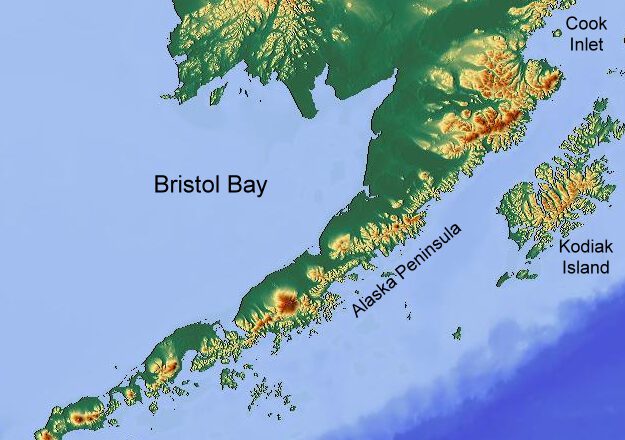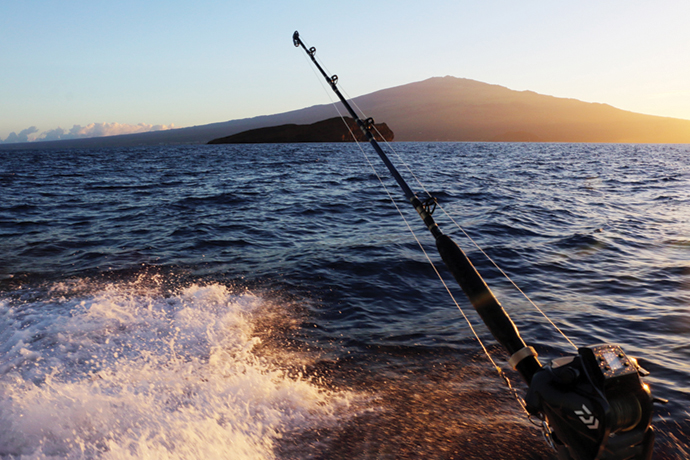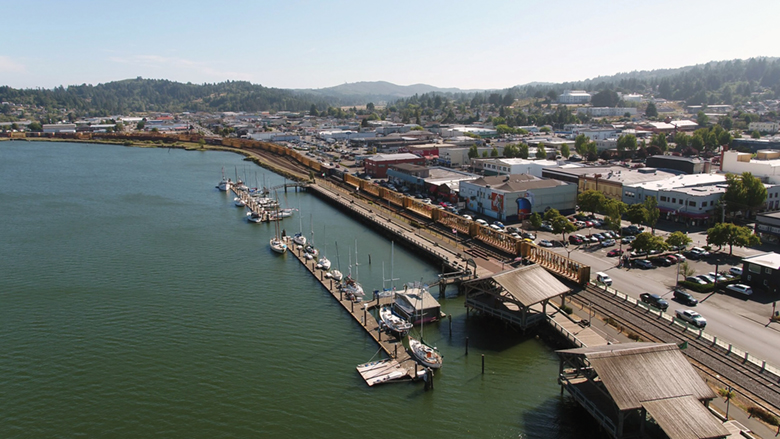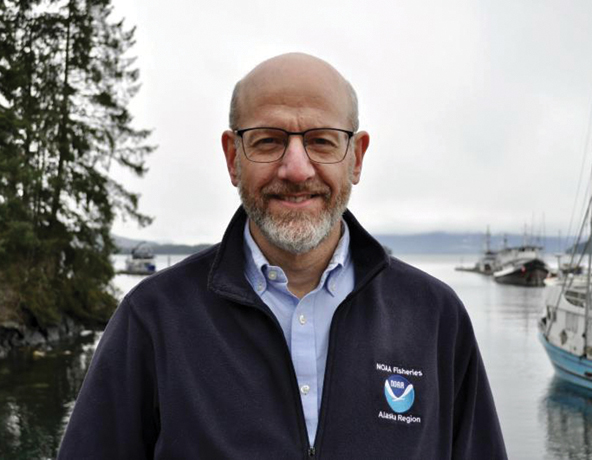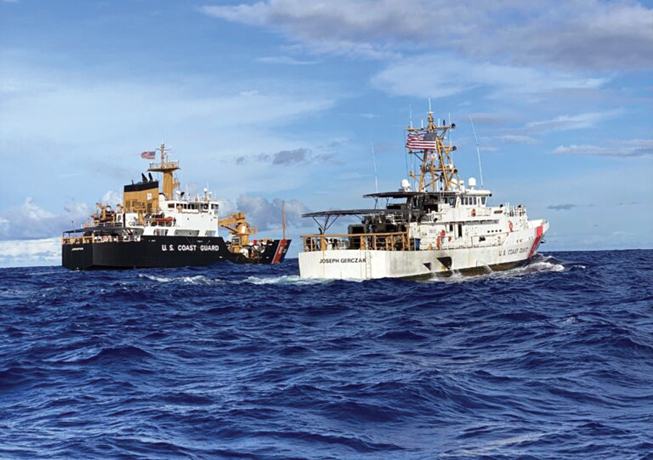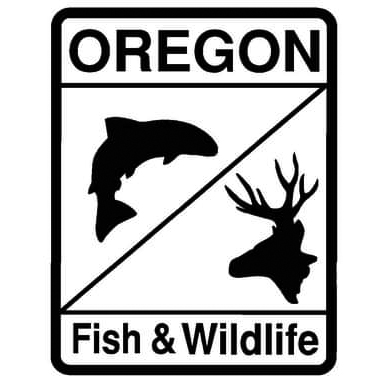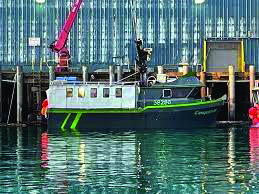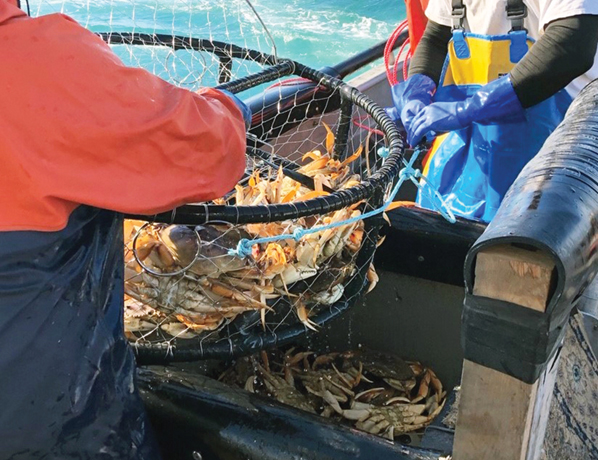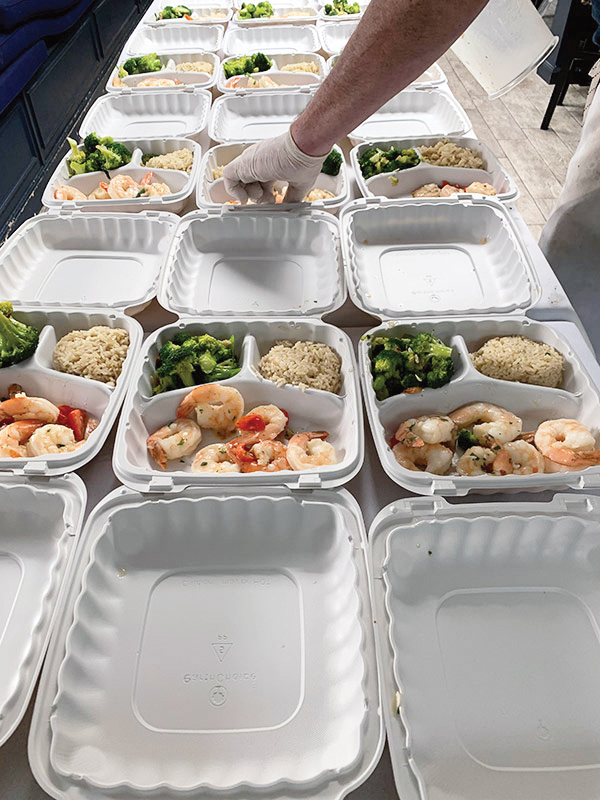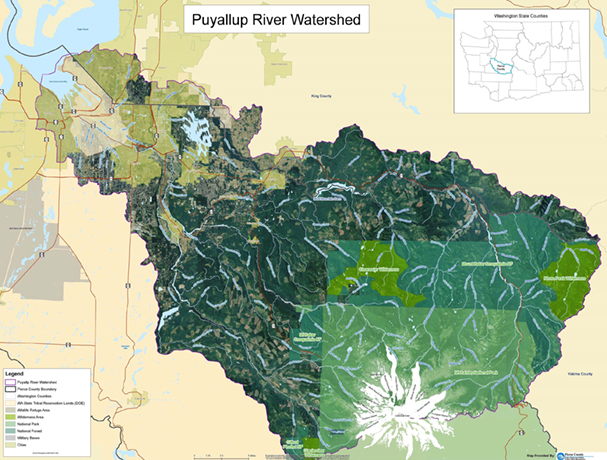Warming Climate Expected to Boost Some Bristol Bay Stocks, Others Likely to Decline
As the climate warms, with some fisheries in decline as others rise, all options are still on the table for Bristol Bay as long as effort continues to protect the habitat, manage harvest responsibly and help each other, according to a fisheries researcher who has studied the bay’s fisheries for over two decades.
The message was delivered March 24 to participants at the Bristol Bay Sustainability Conference in Dillingham by Daniel Schindler, a fisheries researcher and professor at the University of Washington School of Aquatic and Fishery Sciences.
“Some Bristol Bay stocks are likely to decline, offsetting the increases that could occur in other stocks,” he said. “It’s difficult to predict though. That is part of the message that has come out of looking at the last century of data, that...

